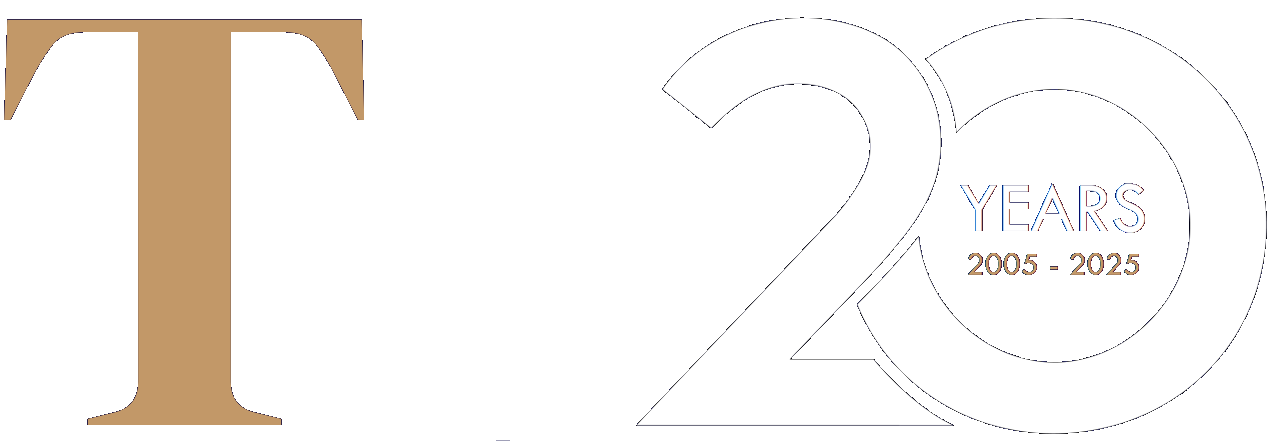
Winter is the time when most problems arise in rental properties.
Emergency callouts abound, and insurance claims rocket, mostly from water or weather damage. While your policy might cover the costs, the inconvenience of midnight phone calls, stressed-out tenants and urgent repairs is something every landlord wants to avoid.
Autumn is the perfect time to plan for the colder months, get ahead of the elements and give your property a seasonal MOT and fix any minor repairs before they become a major headache.
Covering everything from your legal obligations, the checks to make at your property, and the conversations to have with your tenants, this week’s blog is a complete landlord’s guide to getting your rental property prepared and protected for winter.
VISIT YOUR RENTAL PROPERTY
The first step in making sure your rental property is ready for the rigours of winter is to go and see it. To get the most out of your visit, here are some guidelines for arranging, carrying out and following up on your inspection.
● Make an appointment with your tenants (they don’t necessarily need to be present).
● Ensure all safety certificates and service contracts are up to date.
● Check the inside and outside of your property thoroughly (more on that later).
● Identify any winter comfort measures and safety precautions your tenants need to be aware of.
● Confirm any advice in writing.
Performing a pre-winter check-up now can save you a whole lot of drama later on. More than that, it’ll give you and your tenants peace of mind, knowing that your rental property will stay warm and dry, whatever the weather may bring.
PROTECT AGAINST THE ELEMENTS
Unsurprisingly given the British climate, most home insurance claims over winter are down to water finding its way in, either from weather damage at the time or simply that the property is another year older.
Prevention is always cheaper and far less hassle than cure, so check the following vulnerable spots:
● gutters, down pipes, and drains for blockages from rubbish or fallen leaves (water needs to run freely to avoid overflowing and seeping into walls)
● roof coverings (including slipped tiles and slates, loose flashings and seals on asphalt)
● cracks or holes in render, bricks or mortar (from climbing plants or general ageing)
● window frames and woodwork (are the seals water and airtight, and is any wood or paintwork in need of repair?)
● boundary walls and fences for any rotting or loose posts and panels that might collapse in high winds
● chimneys (open fireplaces are about to get some serious use, so make sure the chimney is cleared and cleaned, and the cap is in place to stop rain coming down the stack)
Having all this sorted now will boost the resilience of your rental property from the elements and minimise the potential for water damage and costly repairs.
CHECK THE HOT WATER AND HEATING
Getting a call from your tenants at an unearthly hour that there’s no hot water or the heating doesn’t work, or turning up for your spring inspection to find condensation dripping from mouldy ceilings, is hardly a landlord’s dream!
The good news is that you can minimise the risk with a few pre-emptive checks.
● Ensure the boiler is serviced and has enough pressure (1 to 1.5 bar is normal, but refer to the manufacturer's handbook).
● Turn on the heating and feel the radiators to see if they're warm all over, or whether they need bleeding (get a key from somewhere like B&Q and show your tenants how to use it).
● Look at pipes under sinks, boilers and hot water tanks for signs of leaks or rust, and include the dishwasher and washing machine connections while you're there.
● Inspect bathroom extractor fans and ventilation sources, then speak to your tenants about preventing condensation (you can’t make them use the heating, but you can help them ventilate correctly, so they don’t end up with a repair bill).
Fortunately, the days of frozen pipes are mostly behind us with modern insulation and installation methods. But, if your rental property has any exposed pipework that could be at risk of freezing (is any mounted on an outside wall?), wrap them in foam tubes or heat tape.
LOOK AT SAFETY & SECURITY
Whether your rental property is empty or occupied, it's most at risk from intruders during the winter months. Longer nights give burglars more opportunities to strike, both at vacant homes and from tenants being at work while it's dark.
Even if your rental property is unfurnished, intruders still damage door locks, windows and permanent fittings when breaking in, or steal things like copper pipes. So it’s well worth carrying out some checks to ensure your property is safe and secure.
● Double-check that all window locks work and make sure your tenants know how to use them.
● Test the locks on sheds and garages - these are particularly vulnerable, so remind your tenants to be mindful of what they store there.
● Try the alarm, including the keypad and any movement sensors.
● Cut back any hedges that provide a hiding place.
If you want to install some extra deterrents, consider motion-sensor lighting at the front, back and any side entrances, or a path of stone chippings that crunch underfoot to prevent a silent approach.
FOLLOW THE LETTER OF THE LAW
Landlords have a lot of legal obligations, and failing to meet them can have huge ramifications for your tenancy, from handling disputes to getting your property back.
You are responsible for providing a home that is safe, secure and habitable, so now is the perfect time to ensure your rental property makes the grade before winter kicks in. Among your main look-out points are:
● gas and electrical safety with up-to-date certificates from qualified engineers
● having smoke alarms on every floor of living accommodation and testing at the start of each tenancy
● hot and cold water supply and adequate sanitation
● the structural integrity of the building
● ensuring sufficient natural light and ventilation
● maintaining and repairing the property, including appliances and fittings.
As a managing agent, we need to stay on top of the ever-changing legislation to protect our landlord clients from falling foul of the law. If you’d like us to do the same for you, drop us a line at info@truemanestates.co.uk or call us on 0121 427 4777 to see how we can help.
HOW WELL PREPARED IS YOUR RENTAL PROPERTY FOR WINTER?
Autumn really is the best time of year to get your rental property ready for a smooth and event-free journey through the colder months.
If you’re a landlord in Birmingham we'd love to show you how we take care of everything for you. Call us on 0121 427 4777 or email us at info@truemanestates.co.uk to tell us all about your property.









